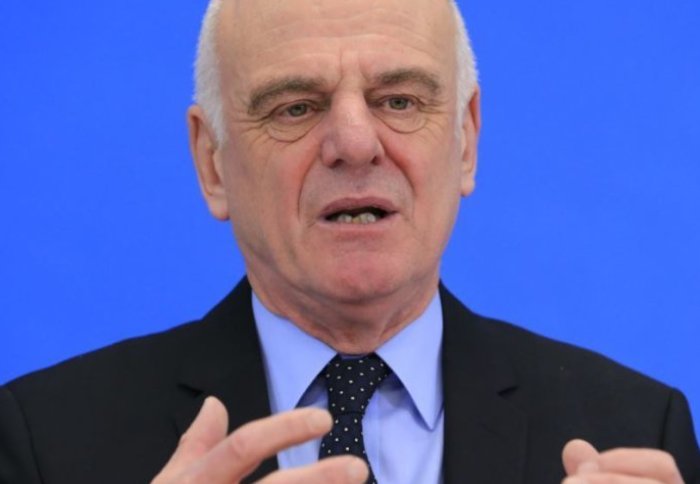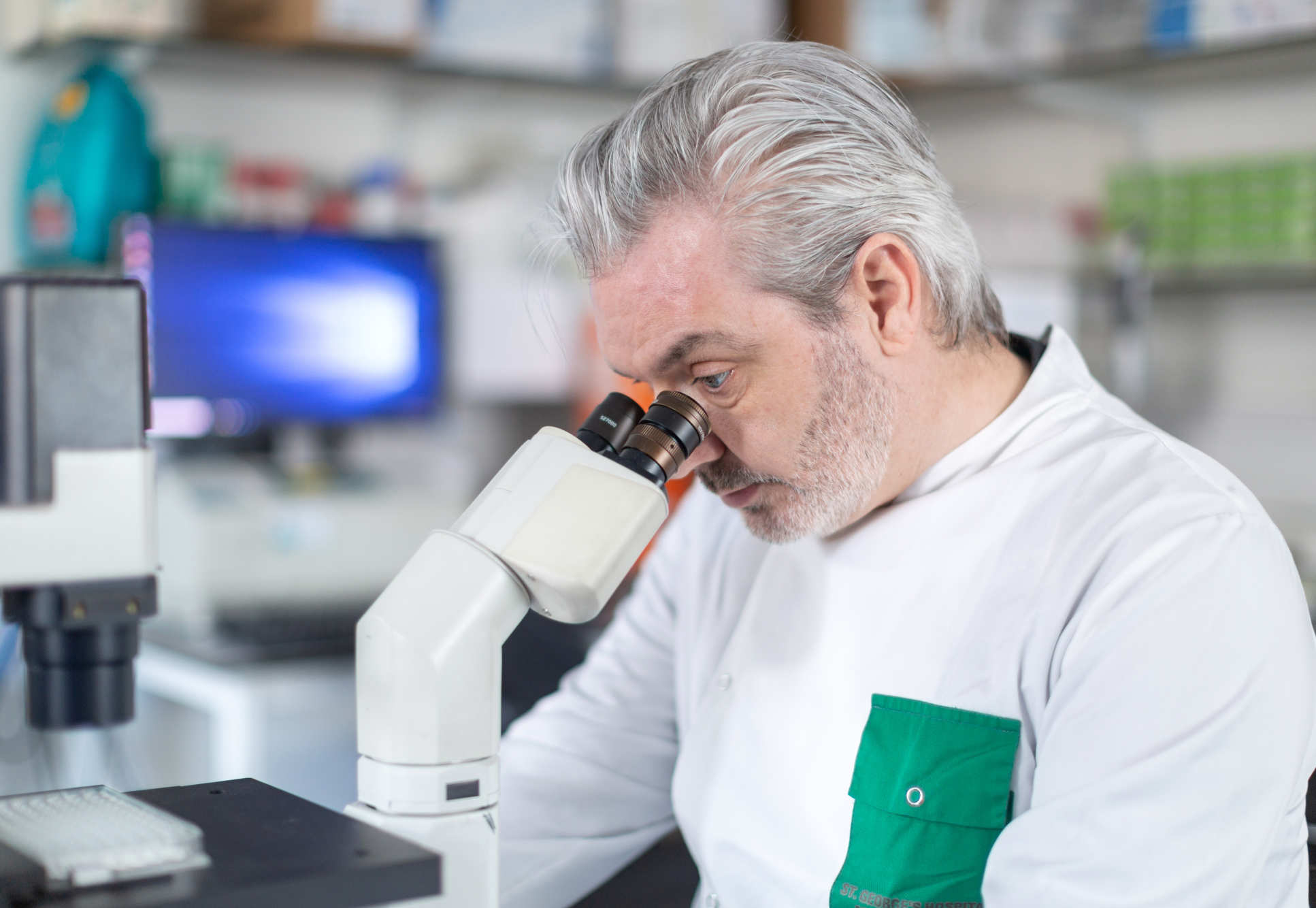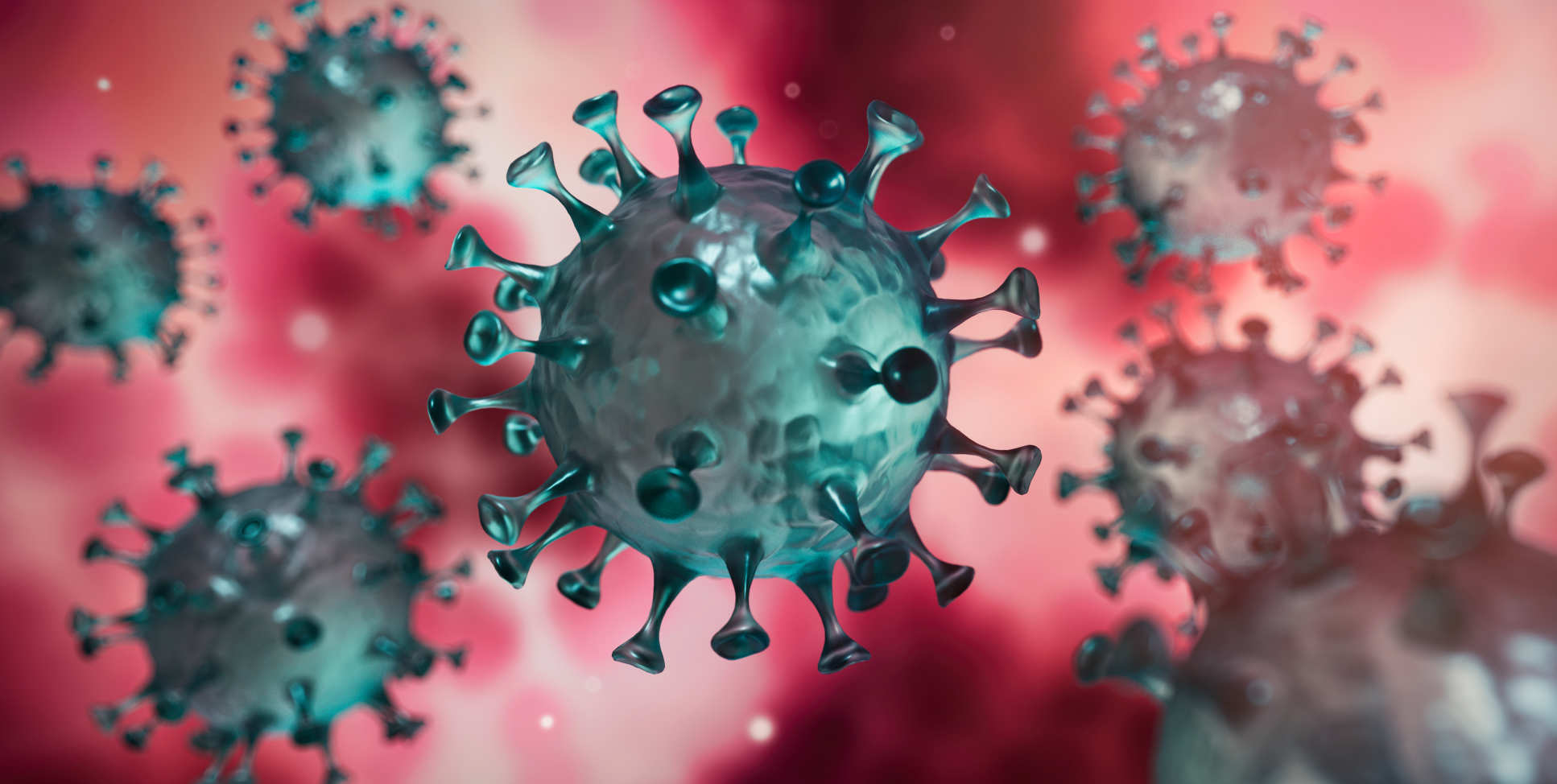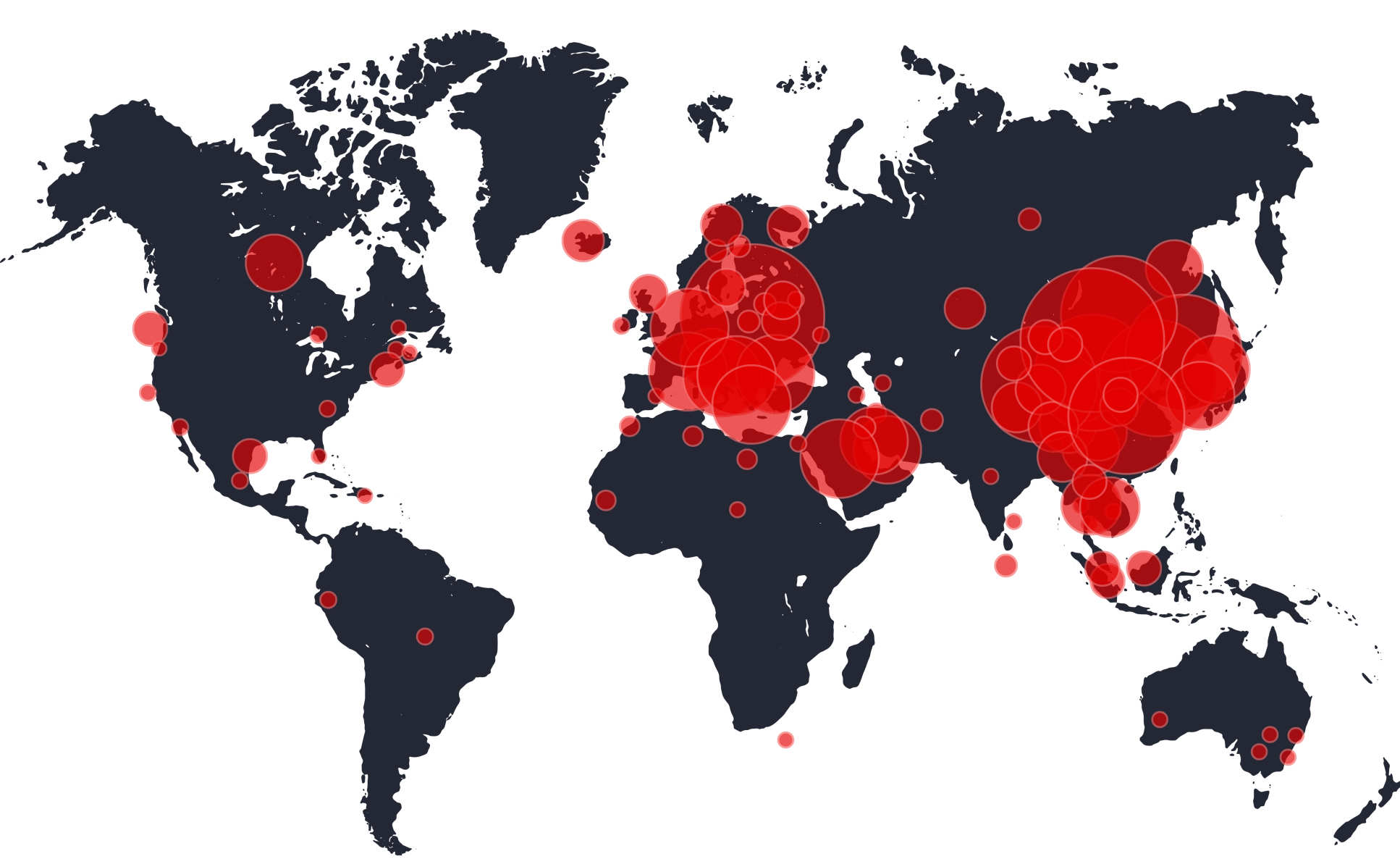David Nabarro says coronavirus challenges can be averted with rapid action

Imperial's Dr David Nabarro
The WHO’s coronavirus special envoy and Imperial academic David Nabarro says the challenges faced by Italy and Iran can be avoided with rapid action.
Dr Nabarro said: “We have seen the enormity of suffering and the challenges faced by people as health services in Italy and Iran are stretched to the limit. We believe that similar challenges can be averted through well organised and rapid action.”
Last month, the Director General of the WHO, Dr Tedros Adhanom Ghebreyesus, asked Dr Nabarro to help coordinate Europe’s response to the pandemic.

Dr Nabarro added: “As has been seen in Italy and Iran, an explosive outbreak with widespread suffering can build up in a few days.
"Once this dramatic increase has taken place, drastic action – like restricting all movement – is needed to stop it. So, it makes sense to act robustly and rapidly so as to avoid getting to this stage.”
But Dr Nabarro warned: “once an outbreak has been contained and ended, we should be prepared for it to return.”
Dr Nabarro, Imperial’s Chair of Global Health and co-Director of the Institute of Global Health Innovation (IGHI), said outbreaks could be limited as long as governments “never give up on containing outbreaks even when they are overwhelmed.”
Rapid action to slow the pandemic
Dr Nabarro also set out some recommendations to slow the pandemic:
- Everyone should practice good hygiene and cough etiquette
- Maintain physical separation from others
- Make tests widely available so that people can know their COVID-19 status
- There must be a high suspicion of COVID-19 in people with respiratory symptoms
- Rapid diagnostic services must be easily accessible.
- Those with COVID-19 should be counselled, be treated as necessary, and their contacts should be traced. They, in turn, should be kept under surveillance, isolated and supported.
- Even those with mild symptoms may be highly infectious: physical distancing is important especially around vulnerable people.
Lessons from SARS

Dr Nabarro has previously worked on global outbreak responses, having served as a UN System Senior Coordinator for Avian and Pandemic Influenza from 2005 – 2014.
He said: “People in Europe and US do not have the experience of SARS to focus their minds and initially may be more reluctant to change their behaviour: their leaders sense they are walking a political tightrope.
“Limiting the advance of the pandemic is our only option until a vaccine becomes available, which is likely to be a year.
"It is the only way in which the world can avoid a long-term pandemic-related recession, with increasing poverty and loss of confidence in governance.”
'China has shown the way'
Dr Nabarro says that leaders in South Asia have moved rapidly to try and contain the outbreak because they remember the damage caused by Severe Acute Respiratory Syndrome (SARS) in 2002.
Dr Nabarro said: “China’s people and health services, local and national governments, and numerous other groups within Chinese society, have pulled together and succeeded in reducing the numbers of new cases and limiting the number of casualties.
“In China the levels of human suffering and death rates have fallen thanks to skilful repurposing of health systems, the exemplary engagement of the people in the response and effective coordination among all engaged in the response.”
Global cooperation

In February, when the outbreak was starting to take grip around the world, Dr Nabarro called for governments to cooperate and put political differences aside.
He said: "High-quality cooperation between governments is the only way in which human suffering can be reduced."
--
Read more of David Nabarro's coronavirus narratives
Prior to joining Imperial, Dr Nabarro was the Special Adviser to the United Nations (UN) Secretary-General on the 2030 Agenda for Sustainable Development. He played a key part in the analysis and development of the Sustainable Development Agenda and Sustainable Development Goals.
Article text (excluding photos or graphics) © Imperial College London.
Photos and graphics subject to third party copyright used with permission or © Imperial College London.
Reporter
Stephen Johns
Communications Division